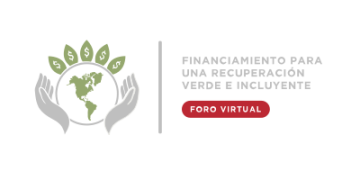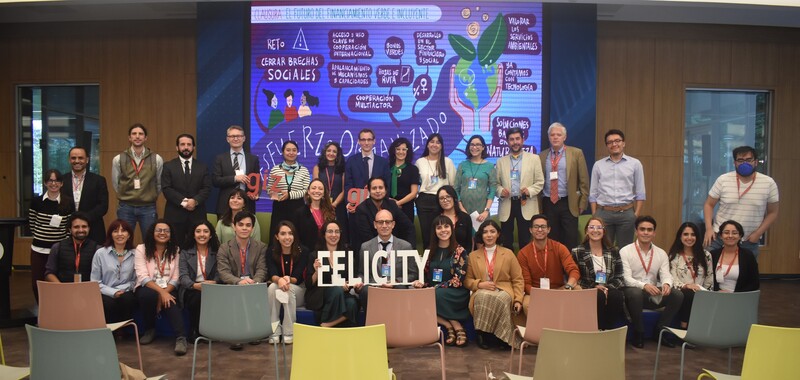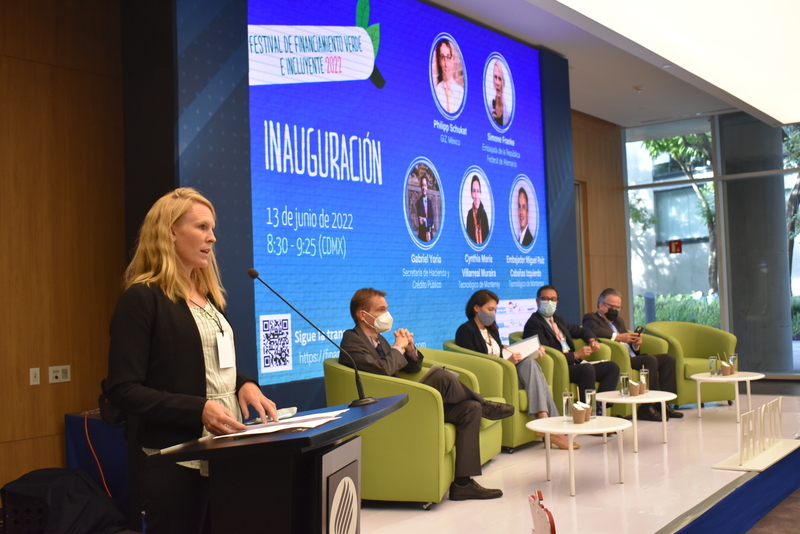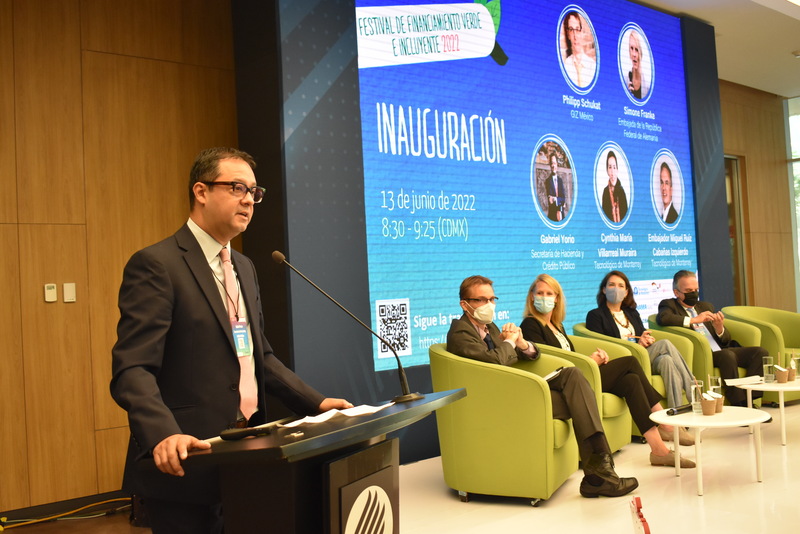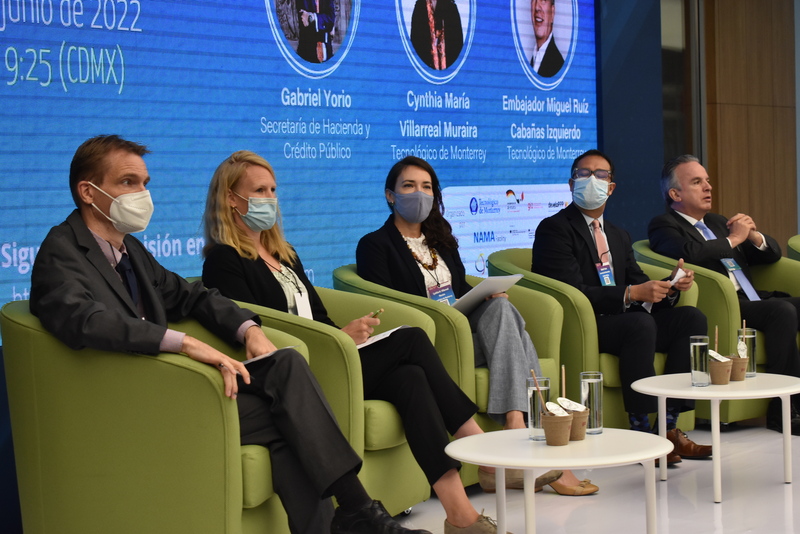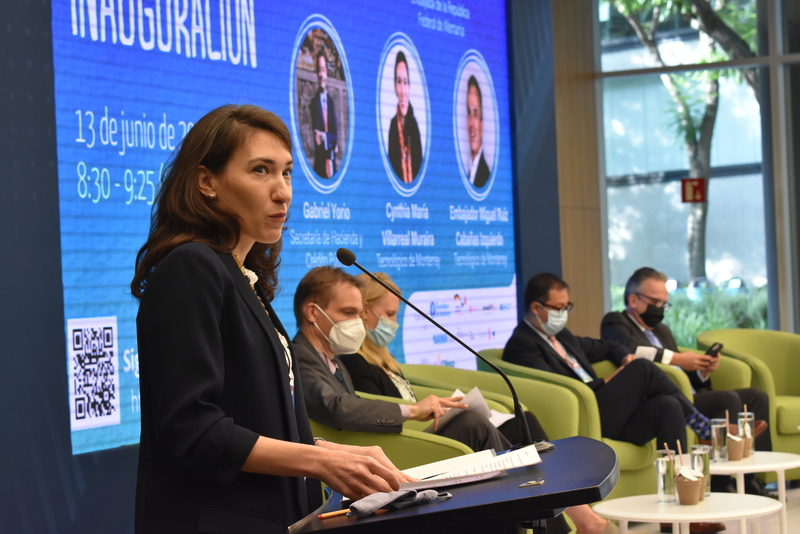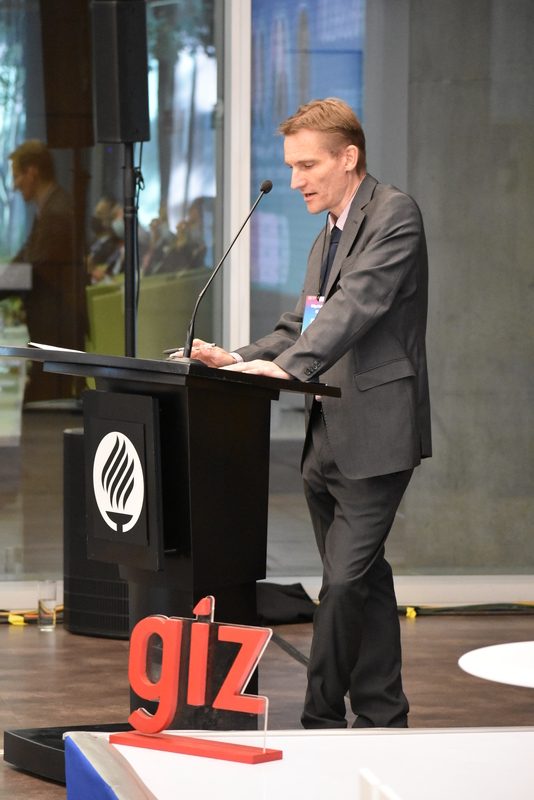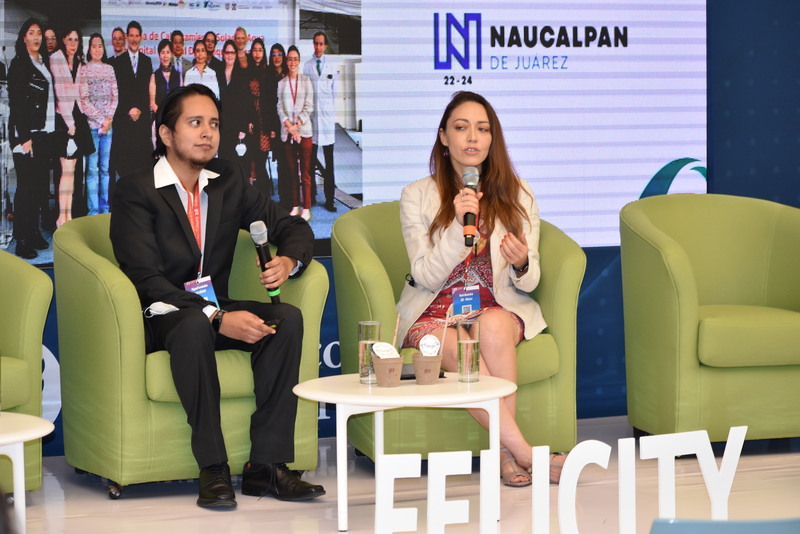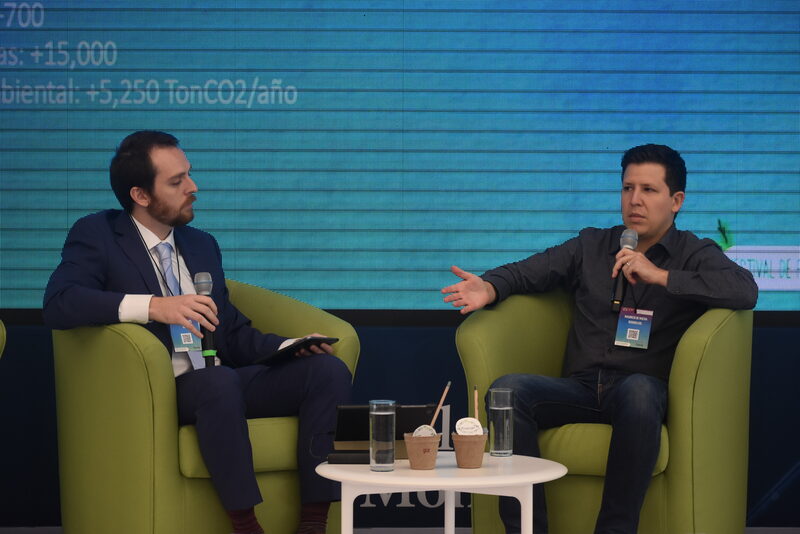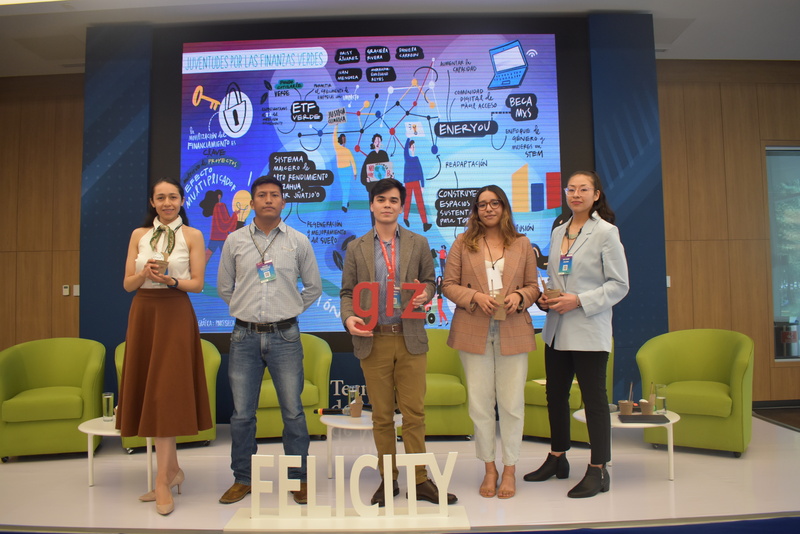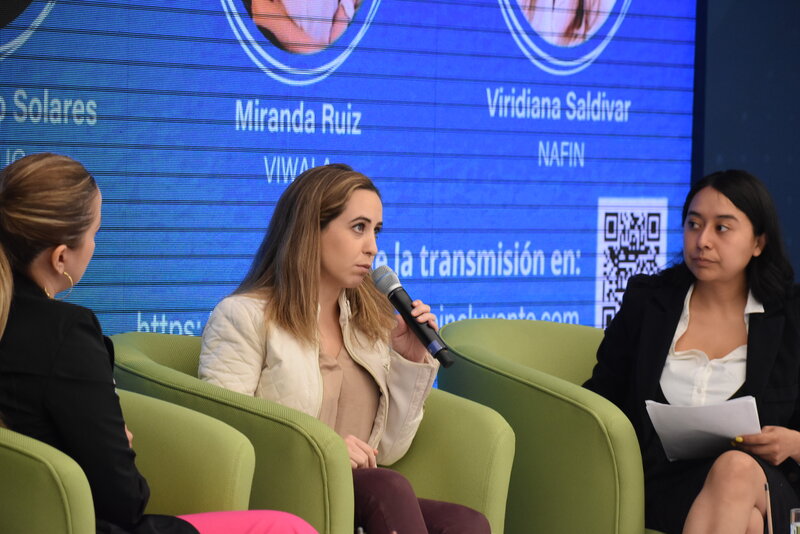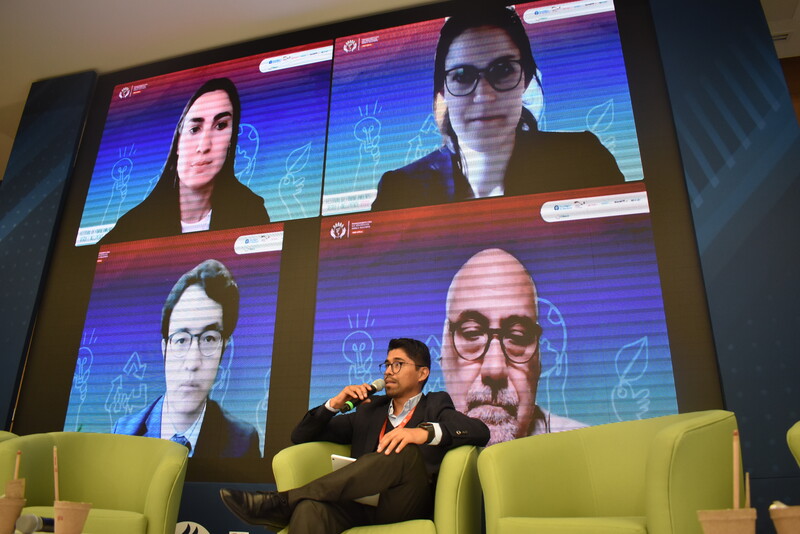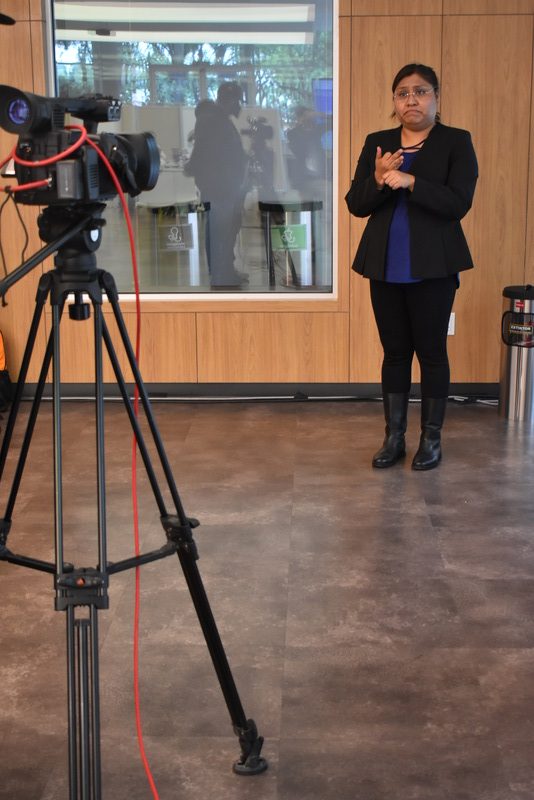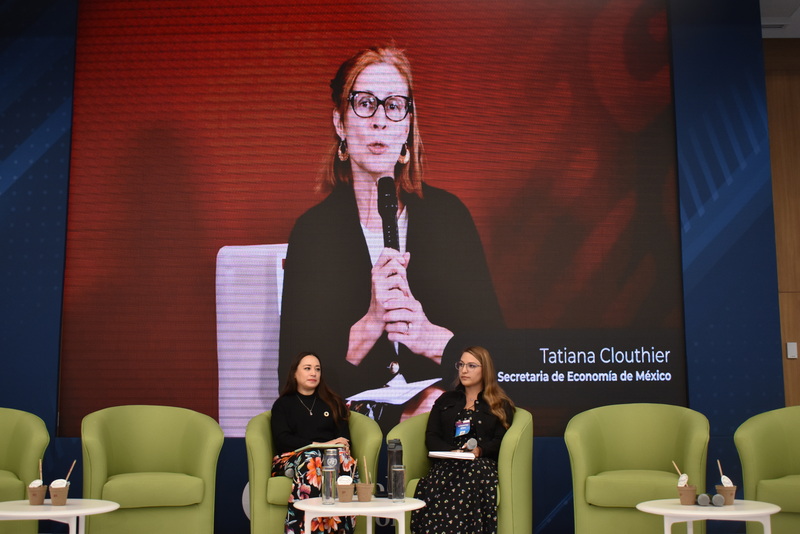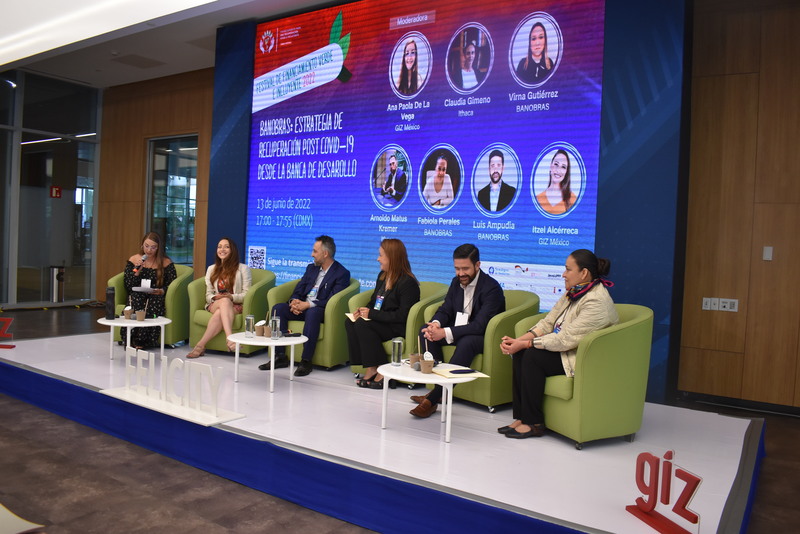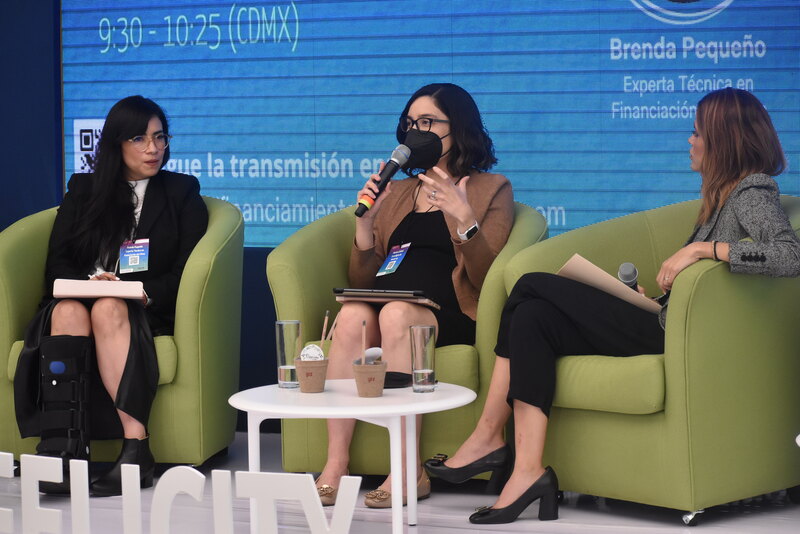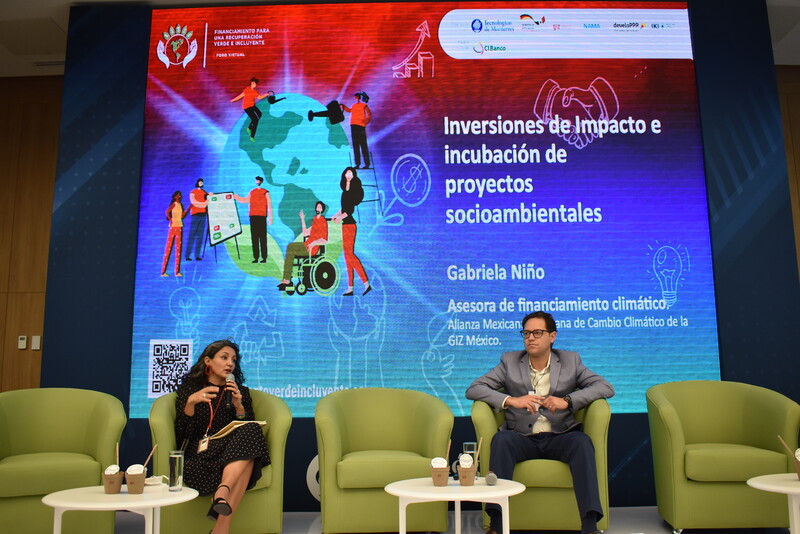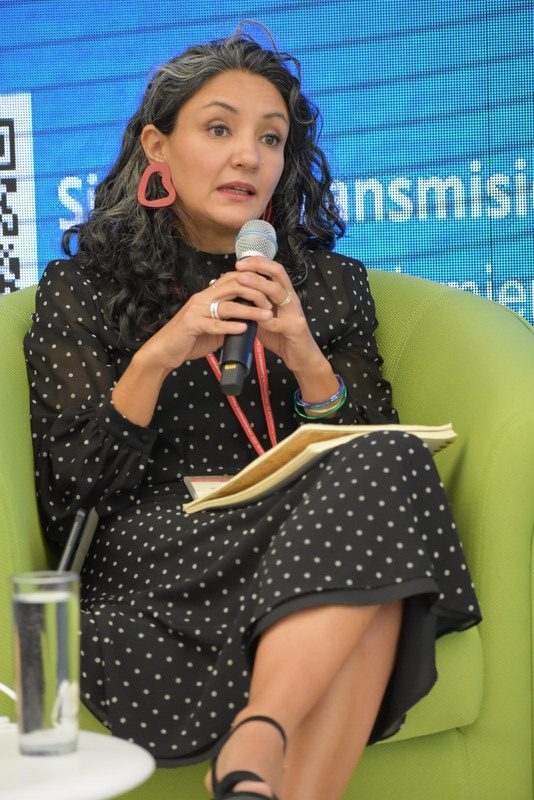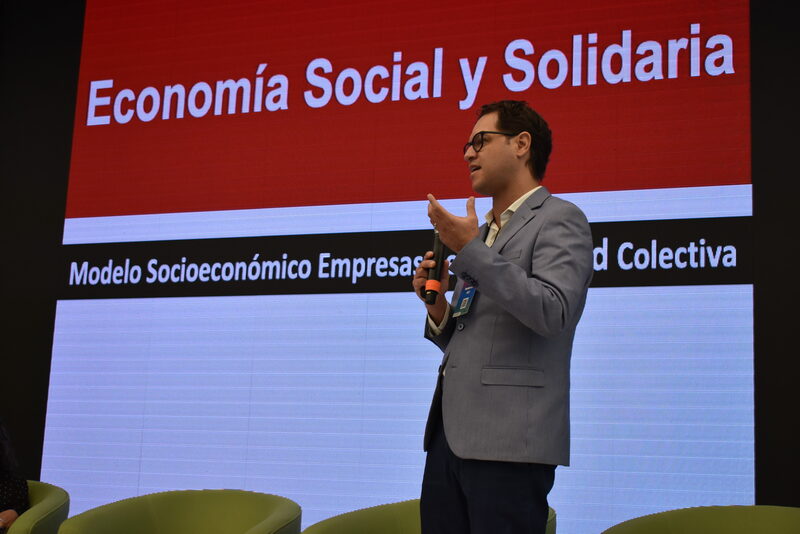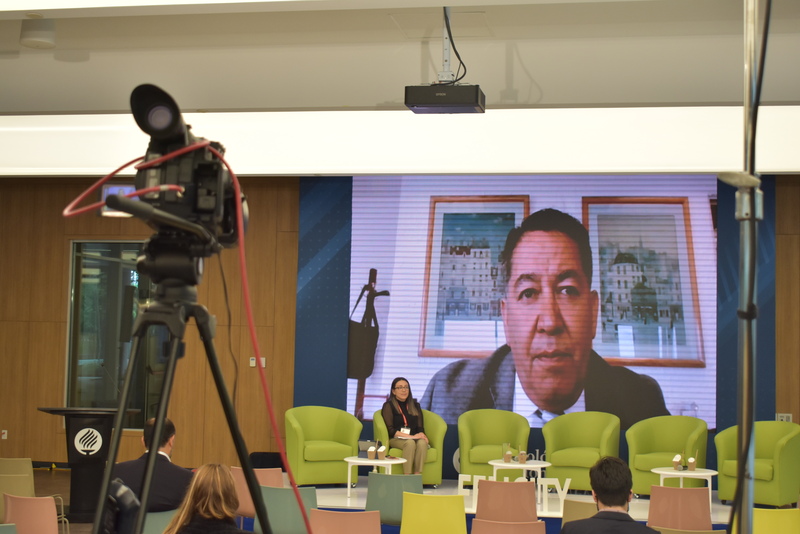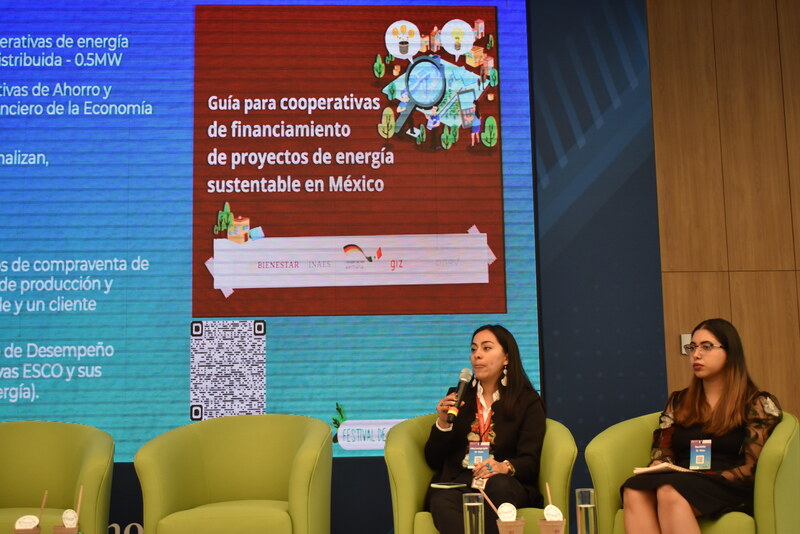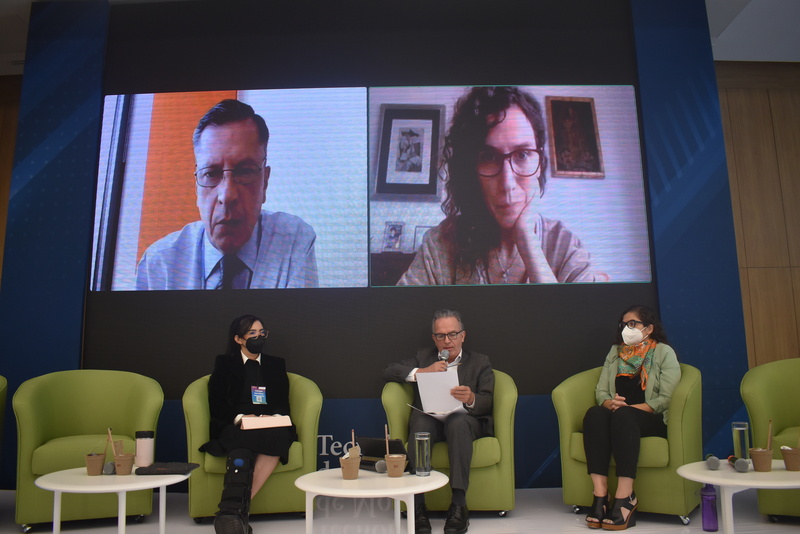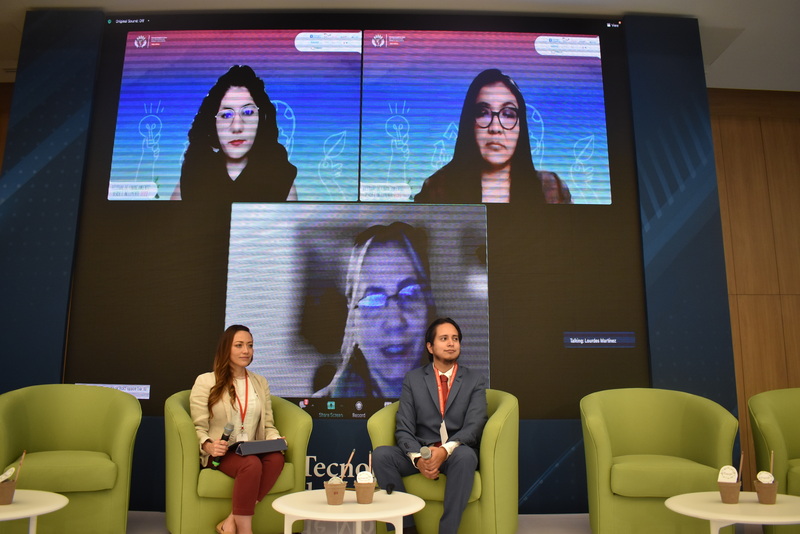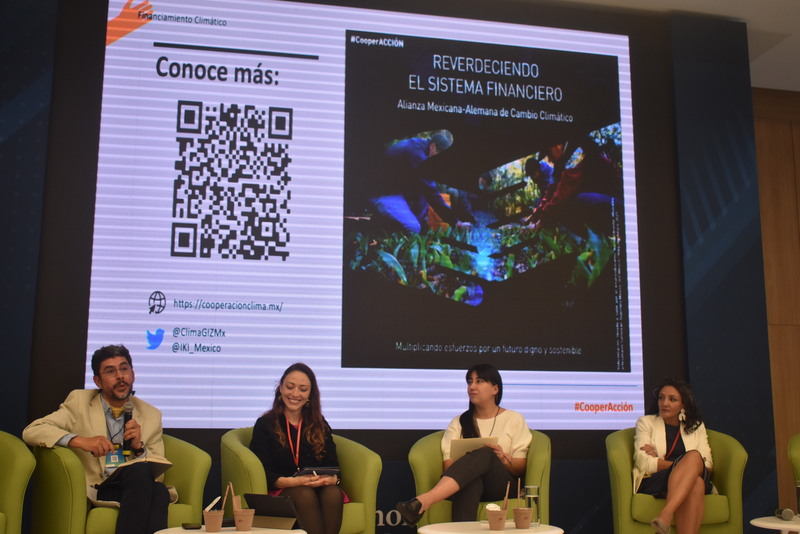Promoting green finance mobilisation is key to meeting the Sustainable Development Goals (SDGs) of the 2030 Agenda and the Paris Agreement. In this context, the Deutsche Gesellschaft für Internationale Zusammenarbeit (GIZ) GmbH and the Tecnológico de Monterrey organised the third edition of the Green and Inclusive Finance Festival 2022 with the aim of creating a space for multi-stakeholder dialogue to share best practices at the national, regional and international level about the allocation, access, governance, management and mobilisation of green finance.
On 13, 14 and 15 June, 24 sessions were held in a hybrid manner, with the participation of around 100 panellists and more than 2,000 online attendees from Mexico, Latin America, the Caribbean, Spain and Germany. The festival was attended by representatives of GIZ Mexico, the IKI projects in Mexico, the Tecnológico de Monterrey, the Ministry of Finance and Public Credit (SHCP), the Ministry of Environment and Natural Resources (SEMARNAT), the Bank of Mexico (Banxico), Nacional Financiera (NAFIN), the National Banking and Securities Commission (CNBV), the National Bank of Public Works and Services (BANOBRAS), the Economic Commission for Latin America and the Caribbean (ECLAC), the National Institute of Social Economy (INAES), CIBanco, among others.
The inauguration was chaired by Gabriel Yorio González, Undersecretary of Finance and Public Credit; Simone Franke, Political Counsellor of the German Embassy in Mexico; Philipp Schukat, Climate Team Coordinator of GIZ Mexico; Cynthia María Villarreal, Director of Sustainable Development and Linkages at the Tecnológico de Monterrey and Ambassador Miguel Ruíz Cabañas Izquierdo, Director of the Sustainable Development Goals (SDG) Initiative at the Tecnológico de Monterrey. To open the Festival, the speakers addressed the efforts and achievements of the bilateral Mexico-Germany cooperation for sustainable financing, the importance of multi-stakeholder cooperation in the mobilisation of financial resources and the role of universities in the greening of the financial system.
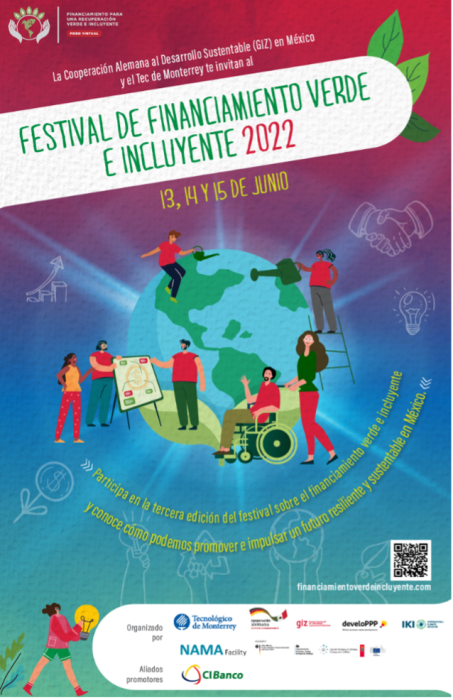
The first day of the Financing Festival addressed the social economy and impact investments, the history of change generated by the Global FELICITY Programme, decentralised financing and the efforts of GIZ Mexico, financial mechanisms for climate change and sustainable development from the public sector, the 2030 Solutions for local development, the financial inclusion of people with disabilities and the post-COVID recovery strategy of the Development Bank.
The second day’s sessions dealt with instruments to boost financing with women entrepreneurs, feminist financial policy, solar thermal energy financing, Payment by Results mechanisms, socio-economic assessments of resilient and low-carbon infrastructure projects, crowdfunding for green investment in Mexico, digital tools for project preparation and the green supply of commercial banks.
On the final day, sessions focused on the economic and financial impacts of climate change, the development of green and sustainable taxonomies in Latin America, youth in action for green finance, challenges and opportunities for energy efficiency finance, climate finance engagement at the COP, green and sustainable finance mechanisms at the subnational level, and partnerships to drive ambition in climate action.
Recognising the role of youth in climate action, the Festival also featured innovative projects selected from the open call promoted by GIZ Mexico, “Youth in Action for Green Finance“. The young people who presented their projects were Daisy Álvarez for the project Construyendo espacios verdes y sustentables para todes, Graciela Rivera with the project EnerYou, Daniela Carreón with the project ETF Verde and Iván Mendoza for the project in Mazahua communities SMAR JÑatjo’o.
To conclude the Festival, participants discussed alliances to increase climate action ambition, including the results of the cooperation between GIZ Mexico and the Government of Mexico to green the financial system. In addition, the Mexican-German Climate Change Alliance presented on the progress of the cooperation and its work with key actors to promote green and inclusive finance in the country, from the territory to the creation of sustainable taxonomies. Moreover, the SHCP and Banxico highlighted the need to move towards low-carbon and resilient economies, as well as the key role of the technical cooperation provided by GIZ Mexico in addressing climate change.
In the closing session, Philipp Schukat, Coordinator of the GIZ Mexico Climate Team, presented two key conclusions on green finance. First, that “in the face of the climate crisis we already have the technological innovation, now we have to create the financial mechanisms to implement it and reduce social gaps”. Second, he stressed the importance of multi-stakeholder cooperation between governments, civil society and businesses to achieve global goals.

